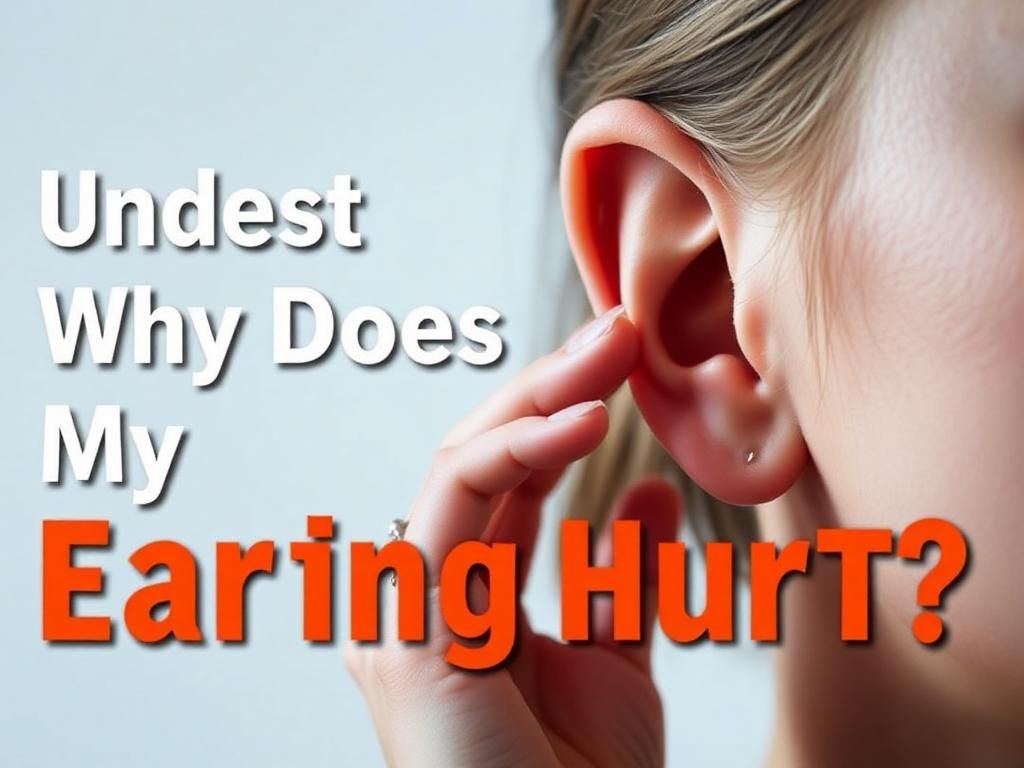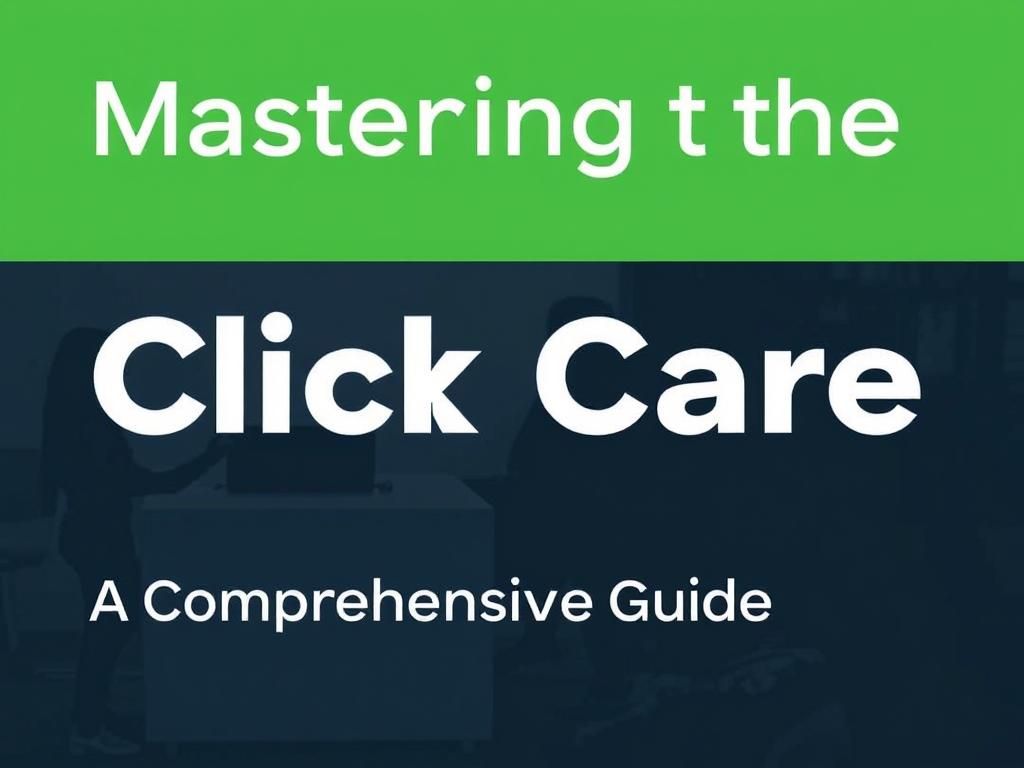Earring pain is a common issue that many people experience at some point in their lives. Whether you’re a long-time earring wearer or a newcomer, it can be distressing when your favorite accessory begins to cause discomfort. Understanding why does my earring hurt is crucial not just for your comfort but also for your ear health. Identifying the causes of earring pain, exploring effective solutions, and implementing preventive measures can significantly enhance your overall experience with earrings.
Common Causes of Earring Pain
Allergic Reactions
One of the primary reasons behind earring pain is allergic reactions. Many people develop sensitivities to specific materials used in earrings. Common culprits include:
- Nickel: A prevalent metal in many jewelry pieces, nickel can provoke allergic reactions.
- Silver: While pure silver is generally safe, some silver alloys may contain nickel.
- Gold (lower karat): Lower karat gold can contain nickel or other irritating metals, which may lead to pain.
Symptoms of an allergic reaction can vary but typically include:
- Redness: Noticeable discoloration around the piercing.
- Swelling: Inflation of the tissue surrounding the earring.
- Itching: A common irritative response in allergic reactions.
Poorly Fitting Earrings
Poorly fitting earrings are another familiar source of discomfort. Several types of earrings can lead to pain:
- Heavy earrings: Such earrings can strain the earlobe, leading to soreness.
- Earrings that are too tight: Earrings that pinch the ear can cause discomfort over time.
Proper fitting is essential for comfort. Prolonged wear of poorly fitting earrings, especially for those with sensitive ears, can increase pain and irritation.
Infection
Infections can occur in newly pierced ears, leading to significant discomfort. Signs of an infected piercing include:
- Pus or discharge: Unpleasant drainage signifies infection.
- Increased redness or heat: A clear indicator of inflammation.
Risk factors for infections often include:
- New piercings: Fresh piercings are particularly susceptible to infection.
- Lack of hygiene: Neglecting proper cleaning habits can lead to issues.
Piercing Issues
Piercing issues can also contribute to earring pain. Some common concerns include:
- Keloids and hypertrophic scarring: These can develop after irritation from earrings.
- Incorrect placement of the piercing: Misplaced piercings can exacerbate pain with natural movement.
- Inflammation of the tissue: Surrounding tissues can become inflamed, leading to discomfort.
Other Contributing Factors
Environmental Irritants
Exposure to environmental irritants can lead to earring pain and discomfort. Some common irritants include:
- Chemicals in cosmetics: Products like perfumes, hairsprays, and lotions can aggravate sensitive skin.
- Exposure to sweat or hair products: These can lead to interactions with earrings that cause irritation.
Lifestyle Factors
Your daily lifestyle choices can also influence ear sensitivity. Factors to consider include:
- Changes in diet: Certain foods may increase skin sensitivity.
- Stress-induced skin sensitivity: Stress can affect skin conditions.
- Impact of hormonal changes: Hormonal fluctuations can alter skin behavior.
How to Alleviate Earring Pain
Choosing the Right Earrings
When it comes to alleviating pain, selecting the right earrings is a crucial step. Consider the following materials:
- Hypoallergenic options: Look for earrings made from surgical steel or titanium, which are less likely to cause allergic reactions.
- Importance of weight and design: Choose lightweight earrings to reduce strain on the earlobe.
Proper Care for Piercings
Maintaining your ear health is vital for preventing pain and infections:
- Daily cleaning routine: Clean your earrings and piercings regularly with saline solution or mild soap.
- Tips for maintaining hygiene: Avoid touching your earrings with dirty hands and refrain from swimming in dirty water.
- When to remove earrings: Consider removing your earrings at night or when engaging in activities that cause excessive sweating.
Seeking Professional Help
If pain persists despite your efforts, it may be time to seek professional help. Consult with a dermatologist or a professional piercer when:
- You notice signs of infection or persistent discomfort.
- You are unsure about the placement of your piercing.
Possible treatments for allergic reactions and infections may include:
- Topical creams: Recommended for inflammation and irritation.
- Oral medications: In cases of severe infection, a healthcare provider may prescribe antibiotics.
Preventing Earring Pain in the Future
Choosing Quality Jewelry
Investing in quality jewelry is a long-term solution to earring pain. Here are some tips:
- Information about reputable brands: Research brands known for using high-quality materials.
- Importance of testing before full-time wear: Test new earrings for a limited time to gauge any reactions.
Regular Maintenance of Piercings
Routine checks are vital to ensure the health of your ears:
- Importance of routine checks: Look for signs of irritation every few weeks.
- Awareness of changes: Note any shifts in skin condition or sensitivity.
Conclusion
Understanding why does my earring hurt is essential for maintaining ear health and comfort. By recognizing the causes of earring pain and implementing preventive measures, you can continue enjoying your favorite accessories without discomfort. Always listen to your body, and don’t hesitate to consult professionals if in doubt.
FAQ Section
Can I wear earrings if my ears are sore?
If your ears are sore, it’s advisable to remove your earrings and assess the situation. If soreness persists, consider consulting a professional.
How can I tell if my earrings are causing an allergic reaction?
What are the best types of earrings for sensitive ears?
The best types of earrings for sensitive ears are those made from hypoallergenic materials, such as surgical steel, titanium, and pure gold. Avoid earrings with nickel and other common allergens.
How can I prevent earring pain while wearing heavy earrings?
To prevent pain from heavy earrings, consider switching to lighter alternatives or using earring supports designed to distribute weight more evenly.
What should I do if I notice discharge from my piercing?
Discharge can indicate infection, especially if accompanied by pain or swelling. Clean the area gently and seek medical attention if symptoms worsen.
Are certain types of earrings better for new piercings?
For new piercings, it’s best to wear medical-grade jewelry made from titanium or surgical steel, as they minimize the risk of irritation.
Why should I consider hypoallergenic earrings?
Hypoallergenic earrings are designed to reduce the risk of allergic reactions, making them a safer choice for those with sensitive skin or known allergies.
How often should I clean my earrings?
It’s recommended to clean your earrings at least once a week or more frequently if you experience any irritation or if they come into contact with sweat or products.
Can lifestyle changes help with earring pain?
Yes, healthy lifestyle practices such as a balanced diet, stress management, and appropriate skincare can enhance skin health and may help reduce earring pain.
Should I see a dermatologist for earring pain?
If you experience persistent pain, itching, or swelling that doesn’t improve, consider seeing a dermatologist to discuss potential irritation or allergic reactions.
| Cause | Symptoms | Prevention/Treatment |
|---|---|---|
| Allergic Reactions | Redness, swelling, itching | Hypoallergenic earrings, topical creams |
| Poorly Fitting Earrings | Pain, discomfort | Choose lightweight, well-fitting earrings |
| Infection | Pus, increased redness/heat | Consult a healthcare professional |
| Piercing Issues | Keloids, incorrect placement | Professional evaluation and treatment |
| Environmental Irritants | Irritation after exposure | Avoid irritants and maintain hygiene |
Overall, addressing why does my earring hurt involves understanding the various causes and implementing comprehensive solutions to enjoy your jewelry without discomfort.


